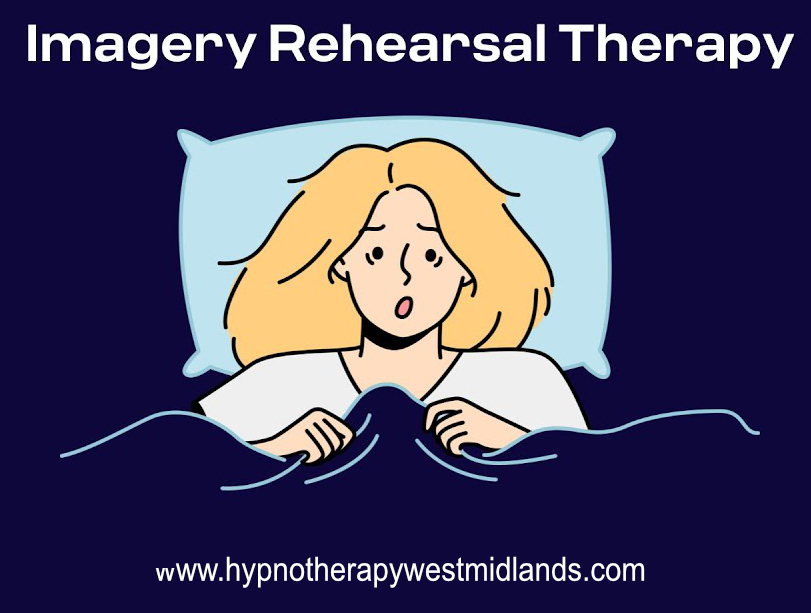Overcoming Addiction

Overcoming Addiction I tend to describe addiction as anything people want to stop doing, keep doing, and feel guilty afterwards. This means it is not just the obvious substance abuse but also gambling, shopping, gaming and more… Once it takes more than it gives and controls your life, it’s time to get help and regain freedom. This article will discuss the origin of the word, how addiction works, and effective approaches to recovery. Origin of the Word The word has such a negative connotation that I thought it would be interesting to look up its origin and was shocked at its change in meaning. The word " addiction " has its origins in Latin. It comes from the Latin word addictio , which was derived from addicere , a verb meaning "to give over, assign, or hand over." In Roman law, addicere referred to a formal process in which a person was assigned to a creditor as a form of repayment for a debt. If someone could not pay their debts, they could be "addicted"...


